The definition of the word CRITIC, from the Merriam-Webster Dictionary, seems simple and sensible. To me, however, it’s the most complicated of the 8 roles of Theatrical Intelligence.
CRITIC: from the Greek κριτικός (kri-ti-kós), Latin criticus (noun) “able to discern”.
1: one who expresses a reasoned opinion on any matter especially involving a judgment of its value, truth, righteousness, beauty, or technique
2: one who engages often professionally in the analysis, evaluation, or appreciation of works of art or artistic performances
3: one given to harsh or captious judgment
CRITICISM: ˈkri-tə–ˌsi-zəm (noun) the art of evaluating or analyzing works of art or literature:
1. expression of disapproval of someone or something based on perceived faults or mistakes: “he ignored the criticisms of his friends”.
2. analysis and judgment of a literary or artistic work: “methods of criticism supported by literary theories”.
When I speak about the roles of Theatrical Intelligence, I always introduce the Critic last. Why? It’s the final role in the collaborative sequence, and… well, I want to delay the inevitable groans: “No-o-o! How could you? Critics? What do they know?!”
It’s tricky to think of critics as part of the collaborative art form that is the theatre. They are in a position to champion or kill a play, a performance, or an entire production. They don’t work directly with the other 7 roles, so it doesn’t feel like collaborators. But they are. In fact (depending on the phase of development) their objectivity is essential to the success of the project.
Many years ago when I worked as an actor, I remembered every bad review I ever received. Verbatim. Everyone did. It seemed to be an occupational hazard to remember the awful ones and forget the raves. My theory for this (and I’m not alone) is that no one can be as harsh a critic about me as I am about myself, so whatever is written by a critic is already imprinted on my brain.
Once, a notoriously mean-spirited critic compared a performance of mine to an electric blender. Yes, you read that right. My friends thought it was a hilarious achievement and therefore a wonderful notice, but I thought I’d never get over it.
Recently I decided to re-read my theatrical notices, figuring that 20 years would give me enough distance to gain some objectivity. It did. I admit that the blender paragraph still stung a bit, but most revealing was that I had no memory of the good reviews. It was as if I was reading love letters that I’d never received, yet I knew I’d read every one of them. Selective amnesia. A theatrical phenomenon.
The insightful quotations below are from ten stellar theatre critics who reflect on their profession:
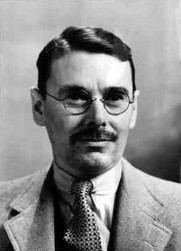 Brooks Atkinson (1894 – 1984)
Brooks Atkinson (1894 – 1984)
1. “There is no joy so great as that of reporting that a good play has come to town.”
********
*********
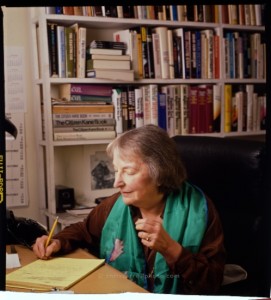 Pauline Kael (1919 – 2001)
Pauline Kael (1919 – 2001)
2. “In the arts, the critic is the only independent source of information. The rest is advertising.”
****************
***************
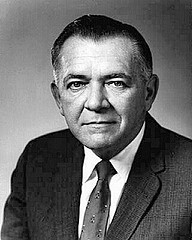 Walter Kerr (1919 – 1996)
Walter Kerr (1919 – 1996)
3. “It is not a reviewer’s business to “sell” plays, but surely it is a playwright’s business not to write plays in such a way that the barest, most gingerly mention of the plot material in a review will kill the play dead on the spot.”
*************************
**************************
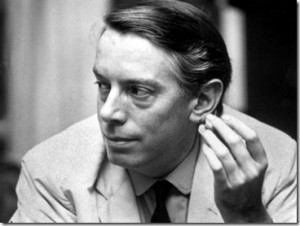 Kenneth Tynan (1927 – 1980)
Kenneth Tynan (1927 – 1980)
4. “A good drama critic is one who perceives what is happening in the theatre of his time. A great drama critic also perceives what is not happening.”
********************
********************
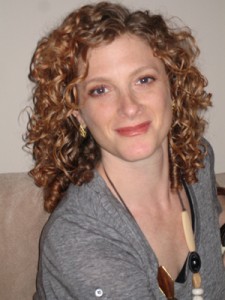 Wendy Rosenfield (Born 1969)
Wendy Rosenfield (Born 1969)
5. “I don’t believe arts criticism is itself art. But that doesn’t mean it is without its own merits… criticism (and even reviews, if you choose to make that distinction) offers a record of how our civilization responded to the arts. Theater critics are not theater artists, but we are recorded proof that theater mattered, and for me, that’s more than enough.”
*********************
*********************
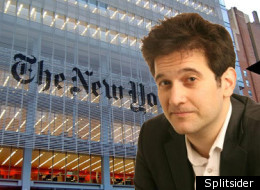 Jason Zinoman (Born 1975)
Jason Zinoman (Born 1975)
6. “To be a good critic, you need to hustle and be curious and scrap and think harder in a short period of time than anyone else about these plays. You need to be stubborn in your convictions and firm in the idea that the crowd is not always right.”
**************************
**************************
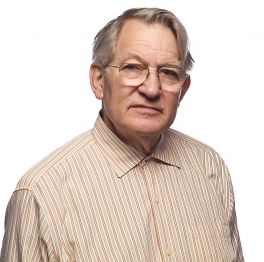 Robert Hurwitt (Born 1942)
Robert Hurwitt (Born 1942)
7. I subscribe strongly to the idea that all criticism should be constructive. You’re not in the business of tearing people down. Part of your responsibility as a critic is being a consumer advocate. You have to make judgments as to whether a show is something people want to spend their money on.”
************************
************************
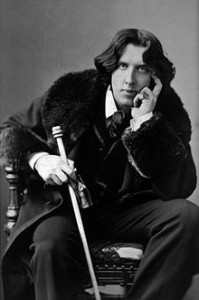 Oscar Wilde (1854 –1900)
Oscar Wilde (1854 –1900)
8. “The critic has to educate the public; the artist has to educate the critic.”
**********************
*********************
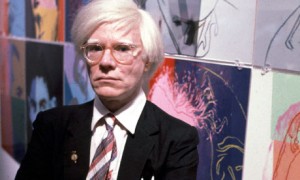 Andy Warhol (1928 – 1987)
Andy Warhol (1928 – 1987)
9. “Don’t pay any attention to what they write about you. Just measure it in inches.”
**********************
**********************
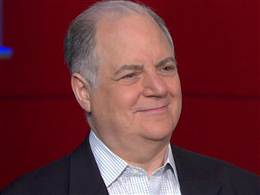 Frank Rich (Born 1949)
Frank Rich (Born 1949)
10. “The most wonderful street in the universe is Broadway. It is a world within itself. High and low, rich and poor, pass along at a rate peculiar to New York, and positively bewildering to a stranger.”
**********************
**********************
These critics are collaborators. And I think I may just love every one of them.
*********************
*********************
Photo Credits: Thumbs Up/Down: USA Today Design; Atkinson:ONB/Wein; Kael: Chris Carroll; Kerr: The New York Times; Tynan: Stuart Heydinger/The Observer; Rosenfield: Ms. Rosenfield; Hurwitt: San Francisco Chronicle; Zinoman: Splitsider; Wilde: Napoleon Sarony; Warhol: Susan Greenwood/Getty Images; Rich: CNBC



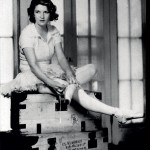
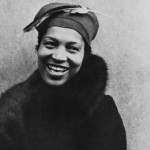
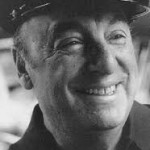
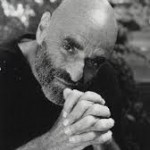
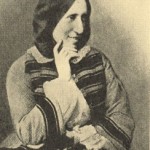
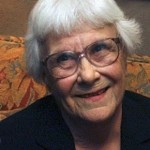

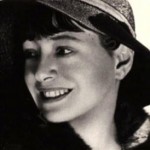
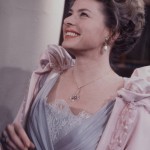













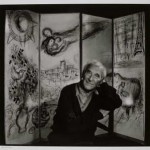
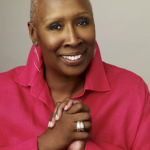
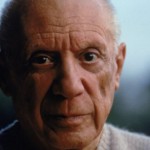
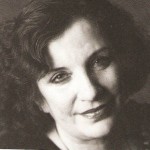
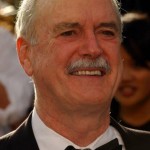


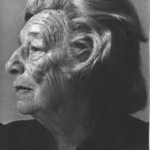


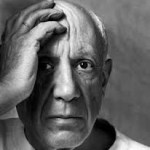


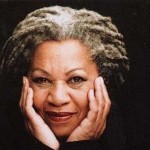

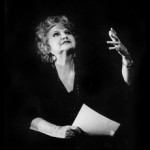
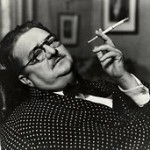
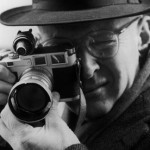

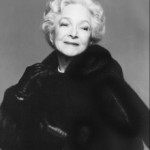

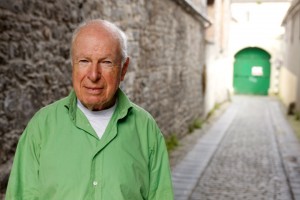

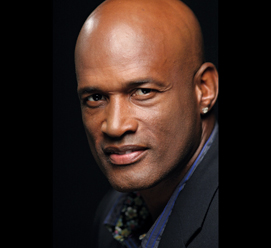
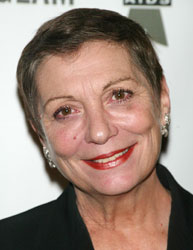
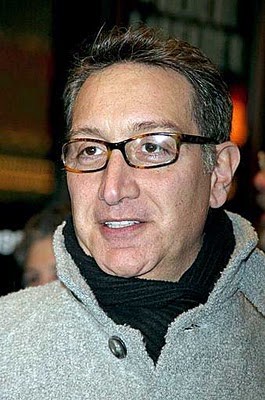
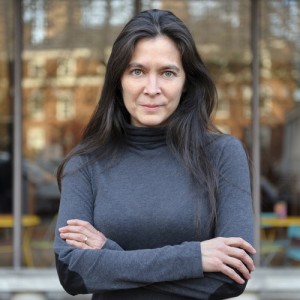
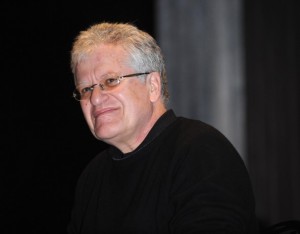
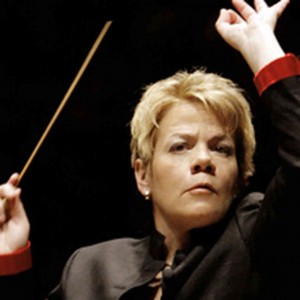
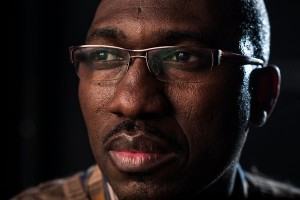
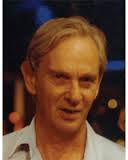
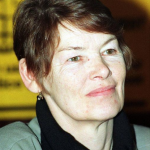
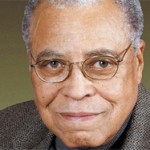


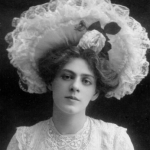

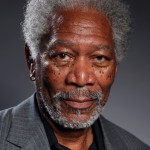
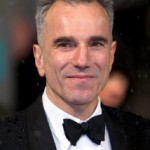

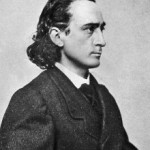


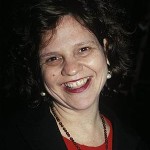

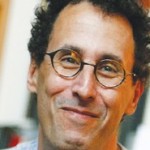
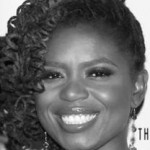

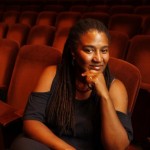
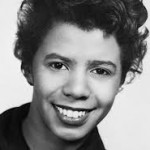
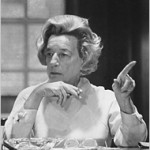
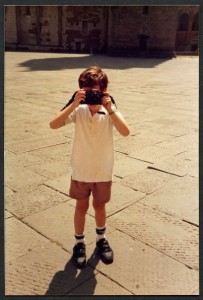
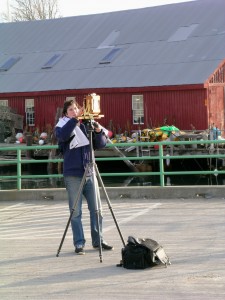
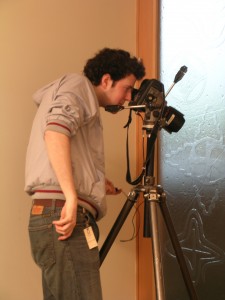
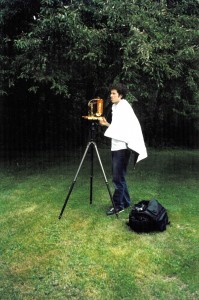
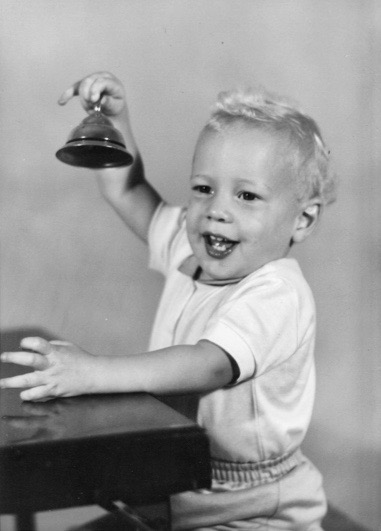 Today I remembered you in 1956, Jim: 11 months old, and NOT enjoying the photo shoot of you and your four siblings for the annual Christmas card.
Today I remembered you in 1956, Jim: 11 months old, and NOT enjoying the photo shoot of you and your four siblings for the annual Christmas card. 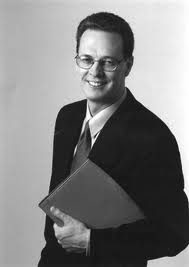
Recent Blog Comments